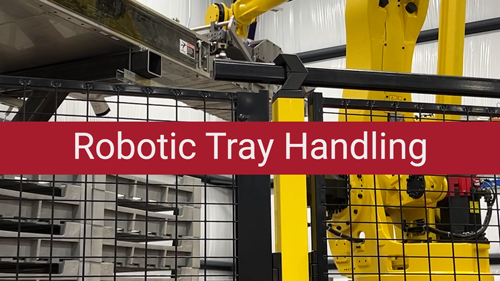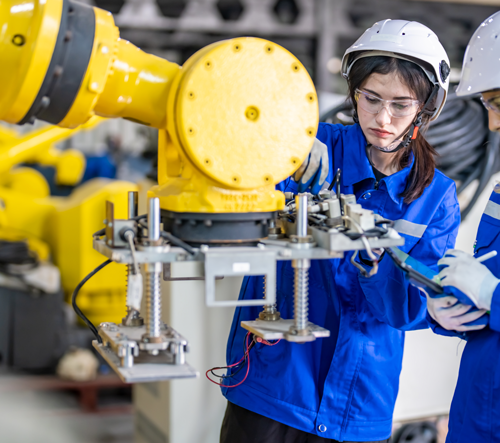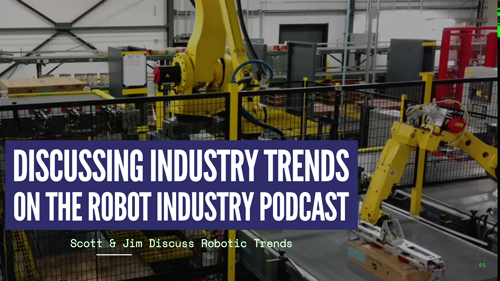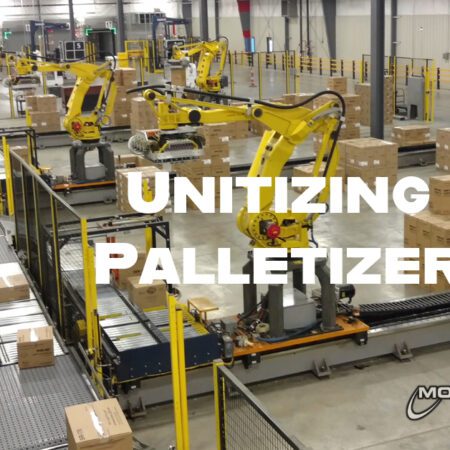By Scott Lang, MCRI President
As a manager or engineer at a factory in this day in age, you probably have asked yourself “Would robotic automation be a benefit to my operation?”
The classic arguments for factory automation have been:
- Reduction in manufacturing cost per piece
- Increased production quantity and consistency
- Increased quality and reduction in scrap
- Reduction in repetitive injury claims
The classic arguments against robotic factory automation are:
- Upfront costs are too high
- They highly qualified/trained/expensive personnel to maintain
- Production runs are complicated or too short
- Not adaptable to changing production processes
- They are just too complicated
But what is the risk to your factory if you do not automate? Labor and benefit costs continue to rise while labor efficiency and quality remain the same (without the benefit of the introduction of automation). On the other hand, robot automation is more efficient immediately upon implementation and can be continuously improved over time.
The quality of your production can be improved slightly with processes and enhanced tools, but nothing close to the quality gains that can be realized through automation, including the opportunity to automate the quality checking process. Regarding the issue of needing highly trained personnel to operate and maintain robotic operation; you will continue to have the difficulty of finding a workforce that is willing to do repetitive tasks for a lower wage. Robotics is routinely, and successfully looked at as an opportunity to re-invigorate a workforce with additional training, acquiring new skills and increasing their value to the company.
The future is bright for those willing to entertain robotic automation in their factories. Aside from the benefits listed above there are new technologies that are right around the corner that can make automation even more savory for those willing to adapt it. Getting on-board now with robotic automation will make it easier for your company to benefit from advances coming in the future.
Robots are being manufactured by robots in highly automated factories, every day the cost of robotic automation in relation to the task is reduced. Robotic automation is becoming more intelligent and adaptable to changing production environments. Robotic automation of the future will require reduced or no physical guarding which will allow employees and robots to work together in a collaborative environment. And high school and college graduates are more comfortable with technology than ever before; nearly all have lived with computers, cell phones, computer networking, wireless infrastructure and other enabling technologies for their entire lives.
The opportunity has never been better for your factory to look at automating its production processes and avoid the graveyard of factories unwilling to evolve. Look to a quality robotic integrator like Motion Controls Robotics to do an “automation assessment” of your factory to find the best automation opportunities for you.




